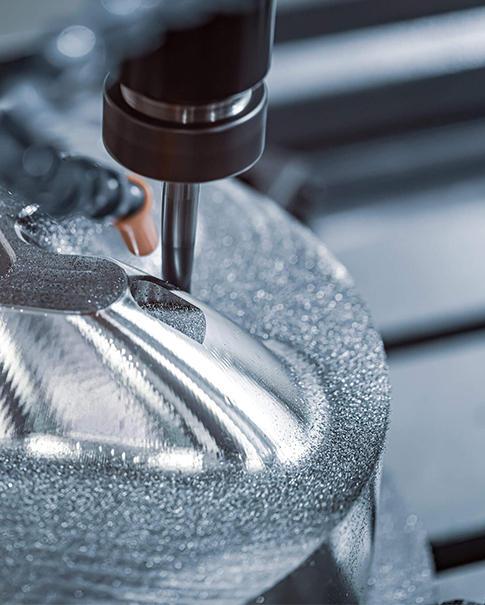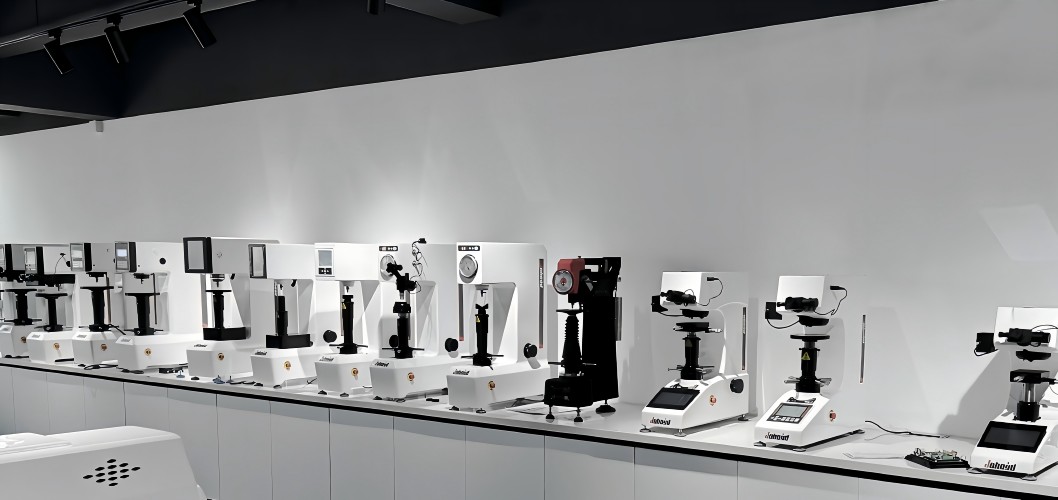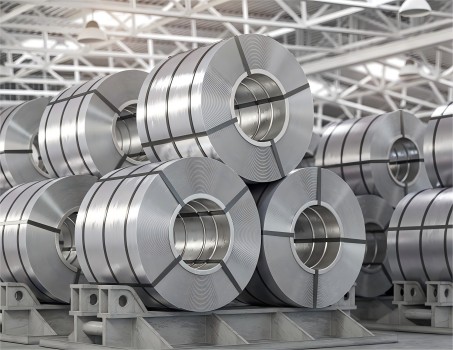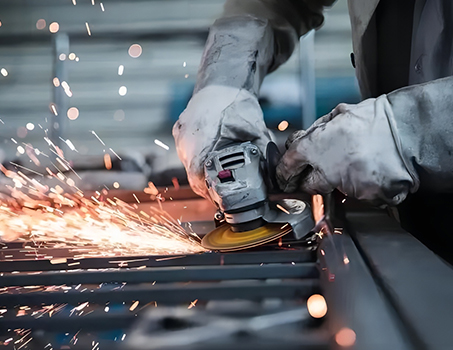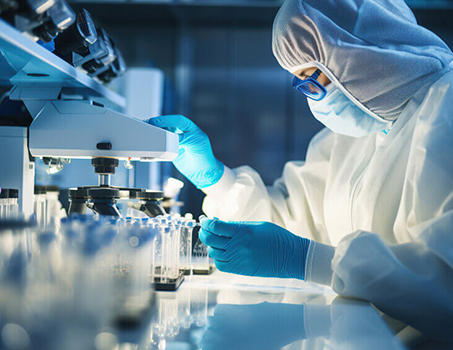Automotive
Bodywork
The hybrid structures of modern load-bearing bodies are becoming more and more complex in order to meet the increasing requirements for occupant protection, lightweight construction and functionality. This is why today, in addition to common steels, more and more high/ultra-high-strength steels, aluminium and fibre-reinforced plastics are being used in the automotive industry.
Engines and powertrains
The goal of the entire powertrain development and production is the same, i.e. to increase the efficiency of the powertrain while at the same time reducing emissions. In order to meet these requirements, it is also important to lighten the entire vehicle as well as the powertrain. Engines are becoming smaller and lighter, but they are also becoming more complex due to additional features such as supercharging, parameter optimisation, hybridisation and the use of composite materials.
Chassis
As the direct transition between the vehicle body and the road, the chassis determines the performance of the vehicle in terms of power, safety, comfort and fuel consumption. In view of the requirements of safety-critical design of components, reliability checks must be used in the development of new materials as well as new manufacturing processes.
JOHOYD hardness tester can be used for hardness testing of automotive components, such as engine pistons, crankshafts, cylinder blocks, brake discs, gears, fasteners, bearings, etc., to ensure the wear resistance, durability, and reliability of the parts, thereby improving the overall performance and safety of the car。
